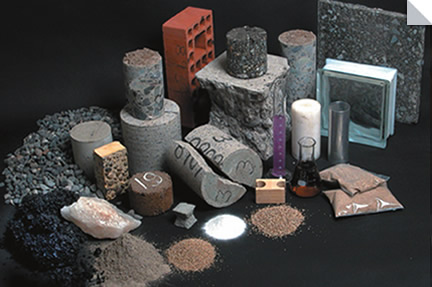Drying shrinkage prediction model for chilean concretes
Keywords:
Drying shrinkage, prediction model, portland cement, portland pozzolan cement, admixturesAbstract
The present research aims to develop an updating procedure of drying shrinkage prediction models for Chilean concrete made with different materials for using in design phase. The proposed methodology considers the comparison of measured and predicted shrinkage values and the calibration of current proposed models. The effect of the specimen volume surface ratio slump, aggregate and cement type, maximum size aggregate and admixture types were analyzed. A total of 82 different concrete mixes with a mean cylinder compressive strength at 28 day between 25 and 40 MPa were studied, involving 492 test specimens of different dimensions. The evolution of the drying shrinkage strains was measured up to 1350 days of drying after a water-curing period of 7 days. The applicability of the different prediction models is discussed in the light of the measured shrinkage strains. The results showed that current shrinkage models were not adequate to predict the drying shrinkage of the tested concretes in this research. An appropriate methodology to carry out the updating of the models is suggested, and an updated model to the local conditions is proposed


